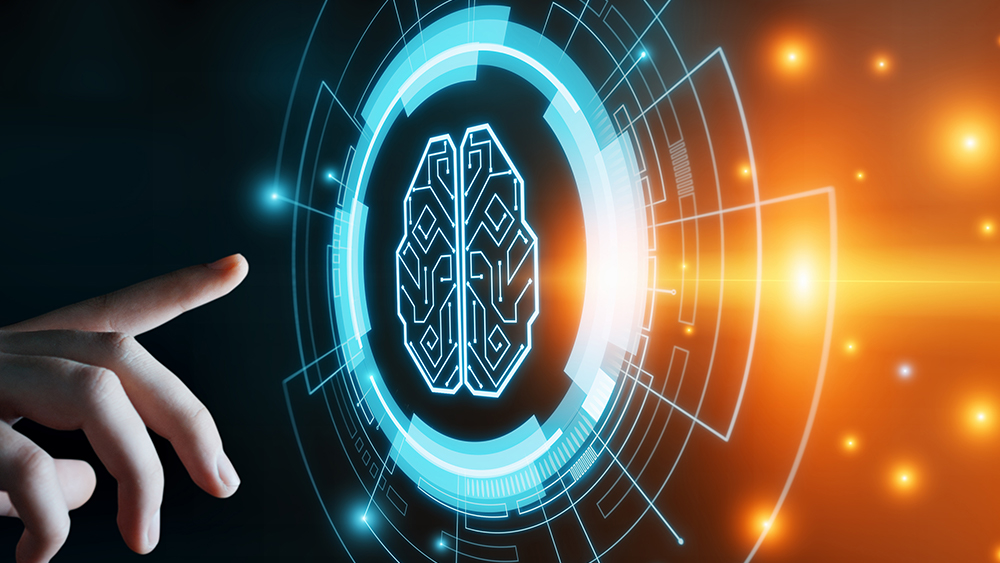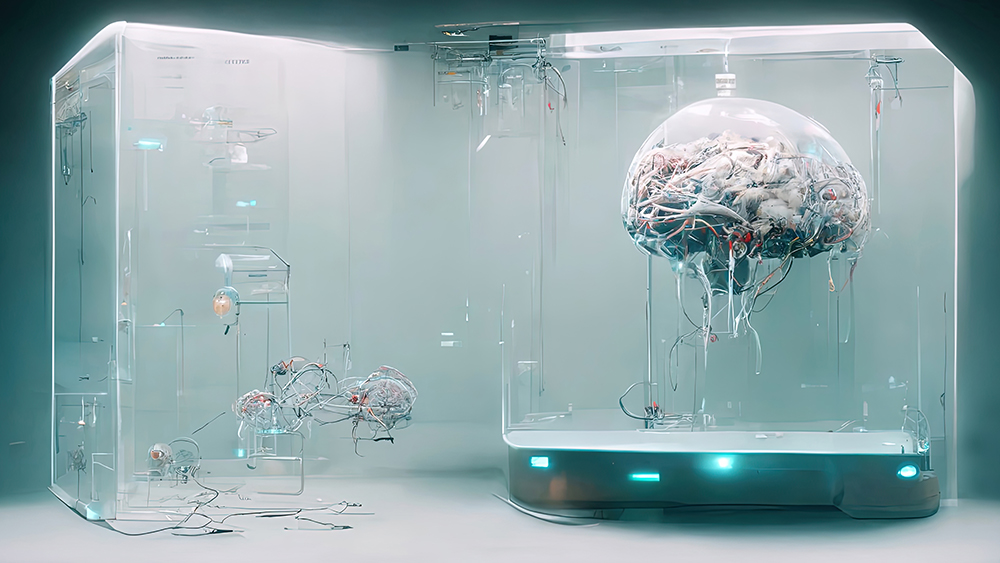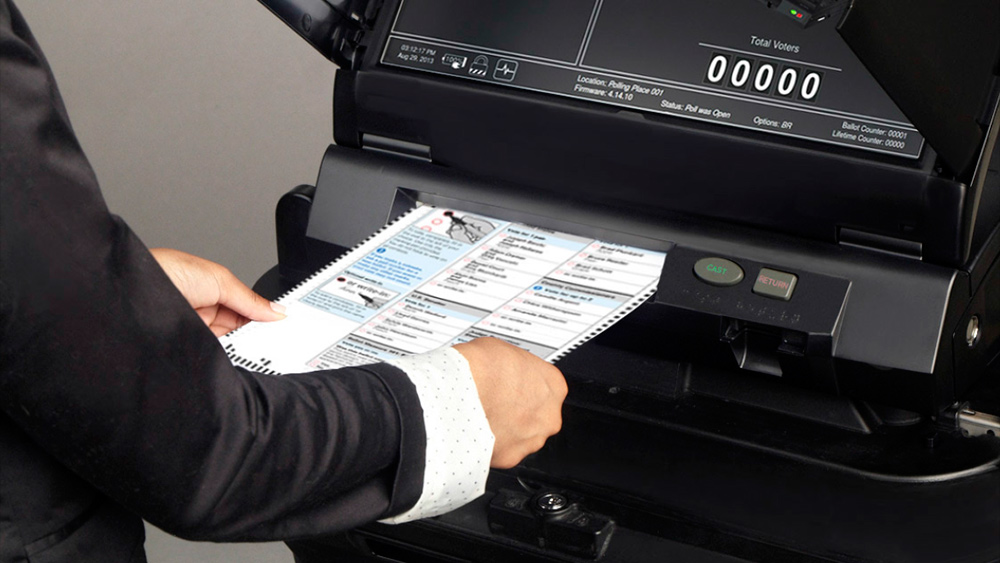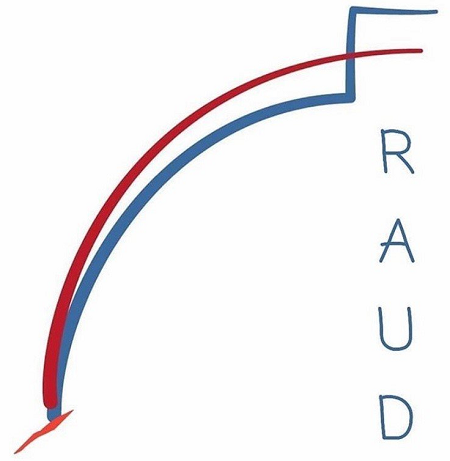Tesla in Full Self-Driving mode SLAMS into parked police car
06/17/2024 / By Laura Harris

A Tesla operating in Full Self-Driving (FSD) mode has collided with a parked and unoccupied police car responding to a fatal crash in Orange County, California.
The FSD mode requires drivers to keep their hands on the wheel even though the vehicle handles the steering. Tesla recently renamed FSD as “supervised” driving to emphasize that the technology necessitates active driver supervision and does not render the vehicle fully autonomous.
“Your vehicle will be able to drive itself almost anywhere with minimal driver intervention and will continuously improve,” stated the official Tesla website. “The currently enabled Autopilot and Full Self-Driving features require active driver supervision and do not make the vehicle autonomous. Full autonomy will be dependent on achieving reliability far above human drivers as demonstrated by billions of miles of experience, as well as regulatory approval, which may take longer in some jurisdictions.”
But the Fullerton Police Department stated that the police officer, managing traffic at the W. Orangethorpe Ave. and Courtney Ave. intersection after a suspected DUI crash on June 13, saw a Tesla driving in his direction without slowing down. Footage of the incident reported on by local TV stations showed significant damage to both the Tesla and the police vehicle.
Fortunately, the police officer was able to jump out of the way as the Tesla slammed into the police car, spinning the patrol vehicle around and causing major damage to its front end.
“The police vehicle had its emergency lights on and several flares were placed on the road when a blue Tesla crashed into the police vehicle, which was blocking traffic,” the Fullerton Police Department wrote on Instagram. “Thanks to the quick reaction of the police officer, who spotted the oncoming vehicle and swiftly moved to the side of the road, along with the off-duty police dispatcher who was riding with him, a potential disaster was averted.”
Meanwhile, the Tesla driver admitted to being on his cell phone when his car crashed.
Tesla in FSD mode fails to detect moving train
The incident happened two weeks after another Tesla vehicle in FSD mode failed to detect a moving train and stop on its own.
Craig Doty II, a certified general appraiser in Ohio, was driving at around 60 miles per hour when his Tesla failed to slow down as it approached the train. Doty was left with no choice but to slam on the brakes and take over the car’s steering manually at the last second to avoid crashing into the train.
“I was like there’s no way it doesn’t see the train,” he said. “There’s no way it doesn’t see the flashing lights. Yes, it was foggy, but you can still see the lights.”
While the conditions were really foggy as confirmed by the police report, the dashcam video of the crash revealed that moving boxcars and the telltale flashing red lights of an active train crossing signal could be seen at least five seconds before the incident. Doty took full responsibility for the accident but noted that he believes Tesla’s FSD technology is “defective.”
“I was the only one in the car. I was the only car in the accident. So yes, it was my fault, it had to be,” Doty said. “But I feel it was more that the damn car didn’t recognize the train. You do get complacent that it knows what it’s doing. And usually, it’s more cautious than I would be as a driver.”
Visit RoboCars.news for related stories about self-driving vehicles.
Watch the video below that talks about inconvenient facts about electric vehicles.
This video is from the Galactic Storm channel on Brighteon.com.
More related stories:
Austin officials complain of self-driving cars BLOCKING emergency vehicles.
Young protesters use traffic cones to paralyze self-driving cars in San Francisco.
Tesla in Full Self-Driving mode failed to detect a moving train, nearly causing deadly collision.
Sources include:
Submit a correction >>
Tagged Under:
accidents, autonomous vehicles, car crashes, car safety, cars, chaos, computing, Dangerous, Elon Musk, Full Self-Driving, future tech, Glitch, information technology, inventions, national security, panic, products, road safety, self-driving cars, tesla, transportation
This article may contain statements that reflect the opinion of the author
RECENT NEWS & ARTICLES
COPYRIGHT © 2017 COMPUTING NEWS




















